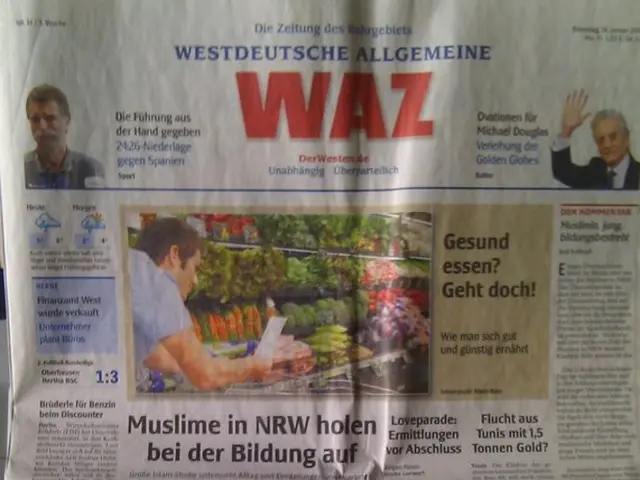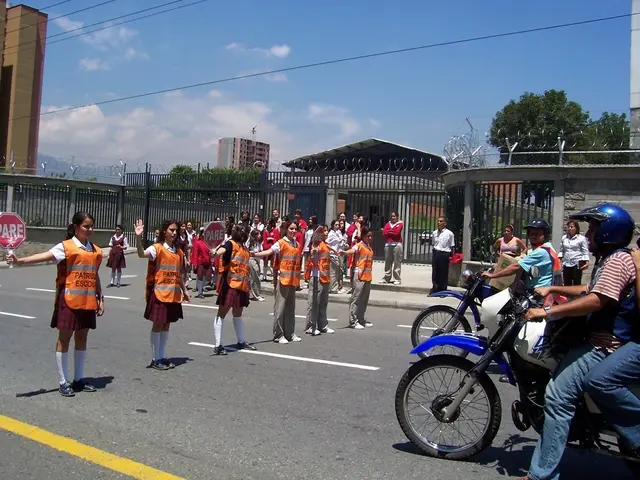The workshop assists and nurtures apprentices throughout their learning journey.
In Germany, the challenge of language promotion and integrating young migrants remains a significant focus, with schools increasingly leveraging digital technologies to support the language development and inclusion of these students.
A unique model project, Lernwerkstatt in Weilimdorf, is helping 80 newly arrived young people aged between 10 and 14 to learn to read, write, and acquire a linguistic-mathematical foundation. The project, led by an interdisciplinary team of teachers and social pedagogues, offers orientation and support for nine months.
The Ministry of Education in Baden-Württemberg has recognised the potential of the Lernwerkstatt project and plans to collect experiences from it for five years, with the aim of transferring these to other school locations or integrating them into the regular system.
However, the complexity of the approach lies in dealing with children without German roots, who have different needs. Research shows that digital tools aid language proficiency and engagement but require additional teacher training to maximize their effectiveness.
Aside from digital literacy, there is a growing emphasis on broader forms of literacy, including digital and media literacy, to equip all young people—migrant or native-born—with the competencies needed in today’s digital society. The German Social Association (SoVD) advocates for mandatory media literacy education in secondary schools to help young people critically navigate digital content and counter misinformation, indirectly supporting their overall literacy and integration success.
Despite these efforts, direct statistics on illiteracy levels among young people in Germany in 2025 are not available. However, the educational context reveals focused efforts through digital inclusion, plurilingual curricula, and media literacy mandates to reduce language and literacy deficits, especially among migrants. These initiatives reflect an integrated approach to improving literacy and social inclusion for young people in a diverse schooling environment.
It is estimated that the reading and writing skills of six million people in Germany "do not suffice for full political participation". Moreover, the Ministry of Culture has admitted that there are no concrete numbers regarding the number of school-age young people needing additional support.
In conclusion, the current status of illiteracy among young people in Germany highlights ongoing challenges but also active efforts involving digital technologies and plurilingual approaches to improve literacy and language proficiency. These initiatives prioritize reducing language barriers and enhancing literacy through modern educational strategies.
Read also:
- Construction fleet and urban transport emissions could see a significant reduction with the implementation of biogas as a game-changing solution.
- Fiercely battling for survival, a student hails from Ludwigsburg
- Pforzheim encounters 'intrinsic difficulties' as per the findings of the study
- Supplier Choices and Quality Evaluation for Bulk Rigid Containers








